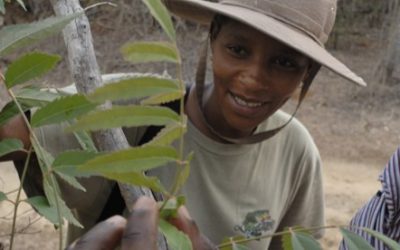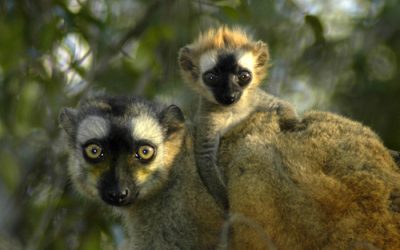The art of specimen collection and preparation is important, especially for field scientists, because each specimen collected serves as a key source of reliable information. However, few opportunities are available for scientists to learn practically how to collect and preserve specimens. In response to this need the TBA Kenya Alumni Group (TBAAK) held a workshop on taxidermy and the preparation of specimens after collection from the field.
The training took place on 28 October 2016 at the National Museums of Kenya and involved a diverse array of participants including TBAAK members, students and researchers studying mammals and taxidermy. The workshop was facilitated by Dr. Adam Ferguson, a postdoctoral associate from the Smithsonian Institute and Mr. Simon Musila who is the head of the mammalogy section at the National Museums of Kenya.
Dr Ferguson explained why taxidermy skills are so valuable, telling participants: “You cannot conserve what you don’t know. Know and study the species so that you can find ways to conserve them.”
The hands on approach ensured that all participants were able work on their own specimen, with close guidance from the facilitators.
At the end of the day, the participants were delighted to have learnt new skills that they will be able to apply.
Robert Kipkemoi, who works at the National Museums of Kenya, said: “The workshop was outstanding. It was interesting to find out why well detailed collections are an important source of information on the past and present and how they can be used in future. Thank you TBAAK for organising the workshop.”




